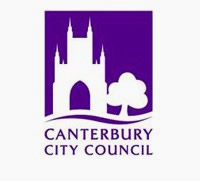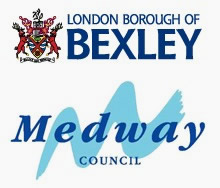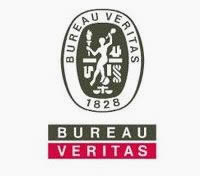Alcohol and the Liver
02/03/2010
When drunk to excess, alcohol can cause problems with the liver. The major liver conditions linked to excessive drinking are:
• Fatty liver
• Cirrhosis
• Hepatitis
The risk of developing alcohol-related liver problems is kept to a minimum if drinking stays within Government-recommended unit limits.
The liver’s key functions are:
• Glycogen storage
• Fat and protein processing
• Protein creation, essential for blood clotting
• Medication processing
• Toxin removal
• Bile creation and fat break-down
When people drink, alcohol is released into the blood stream and reaches the liver before anywhere else in the body. Liver enzymes process alcohol but they can only break so much down at a time. If more alcohol is drunk than the liver can process, more alcohol will be present in the bloodstream.
One of the liver problems alcohol can cause is fatty liver, which is when fat builds up in the liver. Untreated it can cause swelling and hepatitis.
It can also cause scar tissue to build up on the liver – hampering the healthy cells and preventing the liver from performing its essential functions. It is thought that around 10% of heavy drinkers get liver cirrhosis, often after around 10 years of excessive drinking. Cirrhosis can’t be reversed but progress can be stopped by quitting alcohol.
Some people’s livers are more naturally prone to liver damage than others. However, all heavy drinkers risk developing liver problems.

























